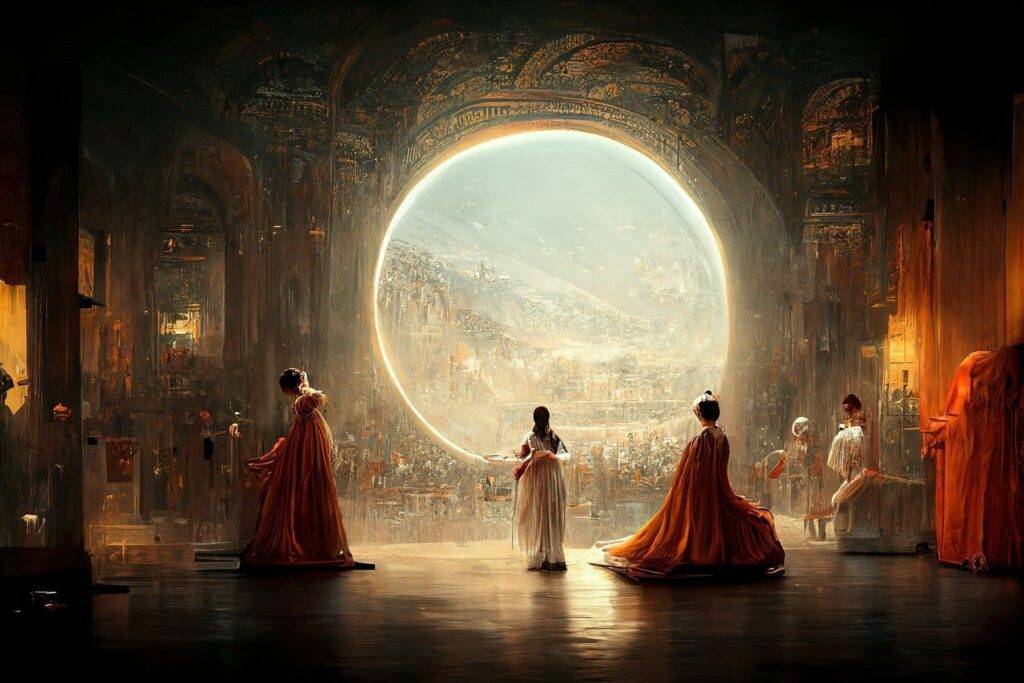In a significant ruling, Judge Beryl A. Howell of the United States District Court stated that artwork produced by artificial intelligence cannot be copyrighted. This decision came to light following a report by The Hollywood Reporter.
Stephen Thaler found himself in the midst of this legal whirlwind after the US Copyright Office denied his copyright request for an image his AI, known as the Creativity Machine algorithm, had produced. Despite Thaler’s persistent efforts to classify the image as a “work-for-hire” for the Creativity Machine’s owner, the Copyright Office consistently turned him down. His approach would have identified the algorithm as the author while establishing himself as the owner of the resulting artwork.
Undeterred by the Office’s refusal, Thaler took legal action, arguing that the Office’s rejection was not based on sound reasoning and was inconsistent with existing laws. However, Judge Howell did not share this perspective. Emphasizing that the core essence of copyright hinges on human authorship, she mentioned that no copyright has ever been bestowed upon creations devoid of human involvement.
Her viewpoint is consistent with past legal decisions, one notable example being the case of the “monkey selfie.” However, Judge Howell did differentiate between AI-generated art and other unconventional origins of work, referencing a case where a woman received copyright for a book she claimed was inspired by words from a supernatural voice.
Interestingly, Judge Howell acknowledged the evolving landscape of the creative world. As artists increasingly leverage AI tools for their creations, the legal domain will grapple with the issue of establishing the extent of human contribution required for copyrighting such works. The fact that AI models often rely on previous human-generated works for training further muddies the waters.
Thaler, not ready to accept the verdict, intends to challenge it. His lawyer, Ryan Abbot from Brown Neri Smith & Khan LLP, expressed their disagreement with Judge Howell’s interpretation of the Copyright Act. Bloomberg Law reported these developments, and also shared the US Copyright Office’s endorsement of the court’s judgment.
The interface of AI and US copyright laws remains a murky territory with no clear consensus in sight. There has been a surge in related court cases, spotlighting the evolving challenges. For instance, Sarah Silverman, accompanied by two fellow authors, recently sued OpenAI and Meta, pointing fingers at the questionable data scraping methods employed by their AI models. Another distinct lawsuit has been initiated by programmer-lawyer Matthew Butterick, who claims that data scraping activities by tech giants such as Microsoft, GitHub, and OpenAI equate to software piracy.

